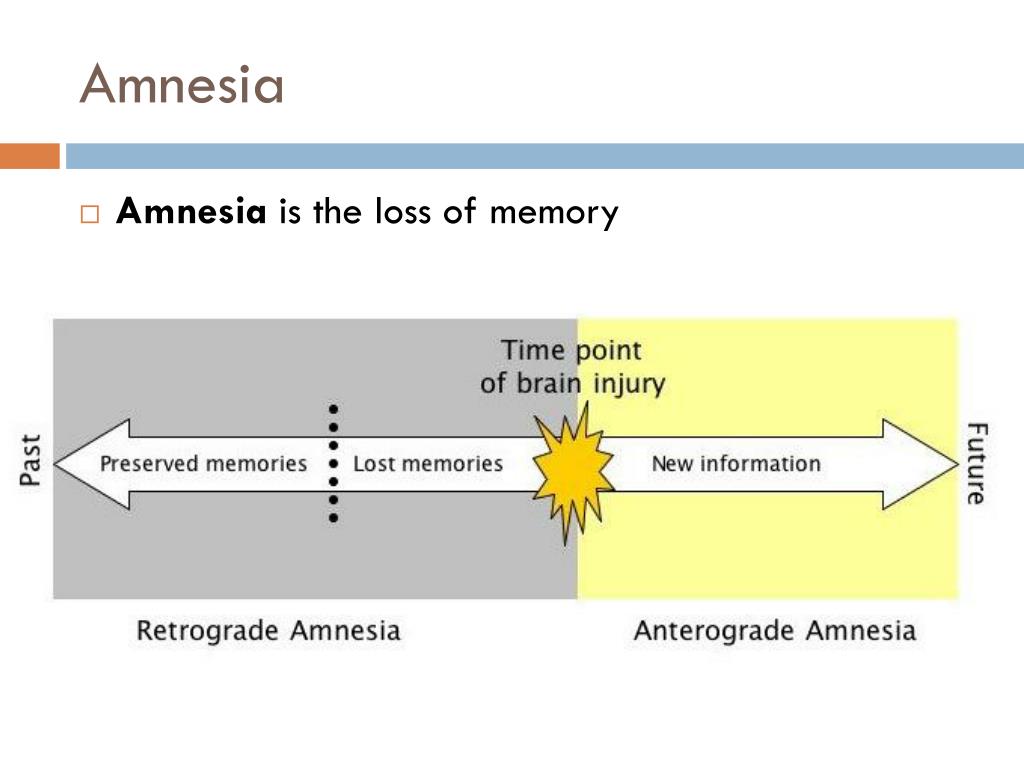
Some may live with a family member who does most of the caring. For example, some people with mild dementia can cope well in their own home which is very familiar to them. The level of care and support needed often changes over time. Your local library or Citizens Advice Bureau will often have contact details. In most areas of the UK there are organisations that provide support and advice for carers of people with dementia. If you care for a person with dementia, it is well worth getting information about the help that is available in your local area. Voluntary organisations can be a good source of advice.People who can advise on financial and legal matters, such as Lasting Power of Attorney.Social Services can advise on local facilities such as daycare centres, benefits, help with care in the home, sitting services, respite care, etc.Sometimes a specialist assessment by a psychiatrist may be needed. Community psychiatric nurses can advise on caring for people with mental illness.For example, with exercises to help maintain mobility. For example, handrails and grab bars, labelling of objects, removing items that are not needed in the home. Occupational therapists can advise on changes to the physical environment, which may help a person with dementia.District nurses can advise on day-to-day nursing care.Support and advice may be needed from one or more of the following healthcare and allied professionals, depending on the severity of the dementia and the individual circumstances:
#TREATMENTS FOR AMNESIA FULL#
It is important that carers get the full support and advice which is locally available. Often, the main carer is a family member. Most people with dementia are cared for in the community. The aim is to maintain the independence of someone with dementia as much as possible and for as long as possible. An individual care plan may be drawn up that outlines the person's specific needs. This usually involves assessment by a number of different healthcare professionals. When someone is diagnosed with dementia, a full assessment may be suggested to look at their practical skills, their ability to look after themself, their safety in their home, etc. However, none of these drugs are close to being used in routine clinical care.Īlternative treatment for dementia Support and care is the most important part of treatment They target amyloid in the brain, which is part of the disease process that causes dementia, and the hope is that by clearing amyloid plaques more rapidly symptoms may reduce.

Research continues looking for new medicines to help with dementia and there is some promising research with drugs known as 'mabs' which are a form of immunotherapy. A tranquilliser or an antipsychotic medicine is sometimes prescribed as a last resort for people with dementia who become easily agitated.Sleeping tablets are sometimes needed if difficulty sleeping is a persistent problem.This is especially the case for those with vascular dementia. Aspirin and other medicines to treat the risk factors for stroke and heart disease may be appropriate for some people.Depression is common in people with dementia and may be overlooked. An antidepressant may be advised if depression is suspected.

In addition, there are a number of other medicines that may be prescribed to people who have dementia. They are available as tablets, liquids, tablets that dissolve in water, or patches. These are donepezil, rivastigmine, galantamine and memantine. There are four medicines available in the UK which can be prescribed for dementia. Medicines for dementia are always started by a doctor who specialises in treating dementia. They also may only work for a short time (6-12 months) and generally slow the deterioration rather than preventing it. These medicines do not cure dementia and they may only work for some people. Secondly, they are used as treatment to help with symptoms that affect mood and how someone behaves (non-cognitive symptoms).

Medicines for dementia are used firstly as a treatment to help with symptoms that affect thinking and memory (cognitive symptoms).


 0 kommentar(er)
0 kommentar(er)
